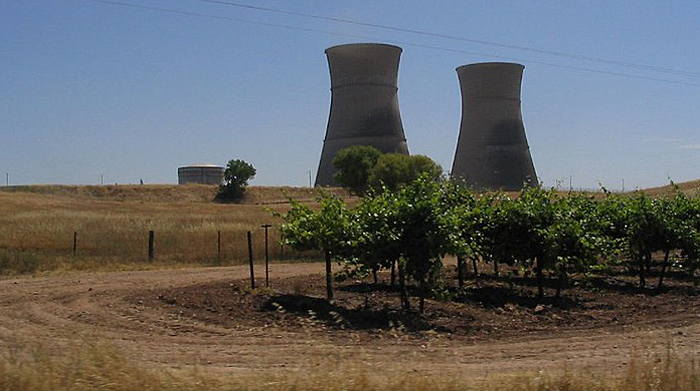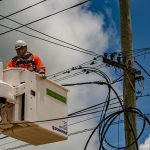Research Shows Small Nuclear Reactors Remain Uneconomical

Image courtesy of Ken Lund under Attribution-Share-Alike 2.0 Generic, resized to 700 x 391 pixels.
A new research report published by the Institute for Energy Economics and Financial Analysis (IEEFA) reveals that small nuclear reactors (SMRs) are uneconomical and inefficient compared to other generating options. The conclusion of the report is that SMR’s should not play a role in transitioning away from fossil fuels in the decades to come.
Why Small Nuclear Reactors (SMRs) are Less than Ideal
First and foremost, let’s define a small nuclear reactor. Generally speaking, SMRs produce no more than 300 MW (although there are exceptions). There are currently more than 80 SMR projects under development globally, which means there was sufficient data for IEEFA to dig into.
Probably the main downside of SMRs is that they are becoming costlier to build due to the rising costs of materials as well as construction delays. Simply put, they are becoming more expensive, while at the same time taking longer to build. In fact, the report claims that significant construction delays are rapidly becoming the norm.
This dramatically increases the financial risk of these types of projects. Additionally, investment in SMRs divert resources away from more efficient and effective carbon-free and lower-cost renewable options – such as wind, solar, and energy storage technologies.
For this reason, the report cautions utilities and regulators against investing in small nuclear reactors. At a minimum, the development costs must be carefully vetted and compared against the costs of all viable alternatives. And by costs, we’re talking start-up / development costs as well as ongoing O&M costs. Similarly, state and federal regulators are urged to take a larger role in the SMR decision making process to ensure tax dollars are efficiently allocated.
Generally speaking, the report’s findings seem reasonable and logical. Why do I care? Well, the resources and assets that get the funding can definitely have a “trickle down” impact on emergency preparedness, and so, in my opinion, if small nuclear reactors are not the best option, then it’s best to pivot to something better.



